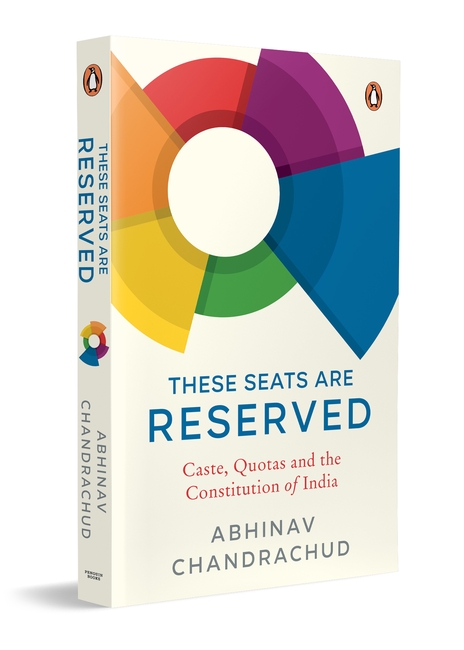
Reservation or affirmative action is a hugely controversial policy in India. While constitutionally mandated and with historians, political scientists and social activists convinced of its need, many resist it and consider it as compromising ‘merit’ and against the principle of equality of opportunity.
In These Seats Are Reserved, Abhinav traces the history and making of the reservation policy.
How were groups eligible for reservations identified and defined? How were the terms ‘depressed classes’ and ‘backward classes’ used in British India and how have they evolved into the constitutional concepts of ‘Scheduled Castes’, ‘Scheduled Tribes’, and ‘Other Backward Classes’ in the present day?
The book delves into the intellectual debates that took place on this matter in the Constituent Assembly, the Supreme Court and Parliament. Several contentious issues are examined dispassionately: are reservations an exception to the principle of equality of opportunity? Do quotas in government service undermine efficiency? Can ‘merit’ really be defined neutrally? What is the thinking behind the rule that no more than 50 per cent of the available seats or positions can be reserved?
Deeply researched and ably narrated, this volume is a compelling addition to every thinking individual’s library.
Imprint: India Penguin
Published: Apr/2025
ISBN: 9780143472377
Length : 272 Pages
MRP : ₹399.00
In Abhinav Chandrachud’s latest book, Supreme Whispers: Conversations with Judges of the Supreme Court of India 1980-1989, Chandrachud relying on the typewritten interviews of a brilliant young American scholar, George H. Gadbois, Jr. who conducted over 116 interviews with more than sixty-six judges of the Supreme Court of India provides a fascinating glimpse into the […]
